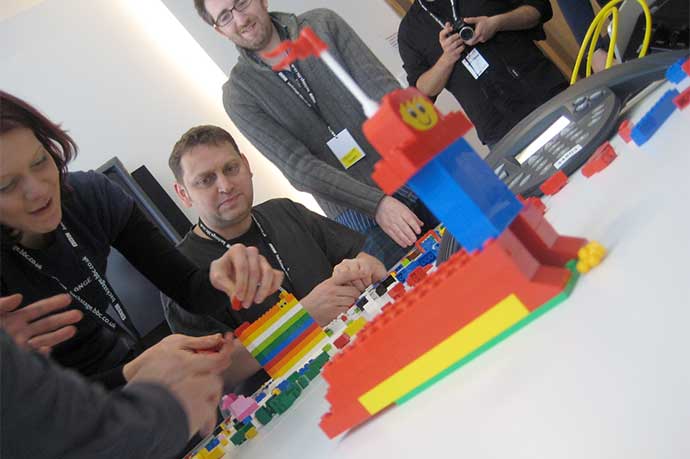Learning how to code happens not only in a classroom, or online, but also in person on the job and at group events. Here are a few groups where you can participate as a coder and as a student. If you have programming experience, these groups also can use mentors and leaders. Whatever role you play, mostly learning coding and solving technology problems in groups is a lot of fun.
Girls Who Code
http://www.girlswhocode.com/
They work to educate, inspire, and equip young women 13-17 with the skills and resources needed to pursue academic and career opportunities in computer science. Started in the US in 2012, they have programs around the country. They also have a program to help start clubs in schools and organizations.
CoderDojo
http://coderdojo.com/
Started in Ireland, this is a global organization of clubs where parents and adults act as mentors to help kids meet to work on programming projects. It's free and open to anyone. Think Cub Scouts or Boy Scouts but geared towards programming and technology. Chances are there is a CoderDojo club near you. If there is not a local group, the recipe and ingredient list is fairly simply: a few kids + parents + a free weekend day (or half day) + a place to meet with power and internet access.
Random Hacks of Kindness
http://www.rhok.org/
Started as a joint initiative between Microsoft, Google, Yahoo!, NASA, and the World Bank to bring together subject matter experts in disaster management with volunteer software developers and designers to identify opportunities where technology could make a difference. There's also a RHoK, Junior program for local communities and schools to work with local charities and non-profits. Their events happen all over the world.
THAT Camp
http://thatcamp.org/
A series of global events to connect humanists and technologists, of all skill levels, to learn and build stuff on the spot. Events are loosely organized and driven by the needs and interests of attendees.
A few of these listings, plus a few not listed, came from a terrific article by Rebecca Garcia, Why I Teach Kids to Code, also listed below.
Learn More
Girls Who Code
CoderDojo
Code Club
Currently 2000+ UK after school groups to teach coding to kids.
https://www.codeclub.org.uk/
Random Hacks of Kindness
http://www.rhok.org/
https://en.wikipedia.org/wiki/Random_Hacks_of_Kindness
THAT Camp
Why I Teach Kids to Code (Rebecca Garcia)
http://geekgirlweb.com/2012/09/04/why-i-teach-kids-to-code/

